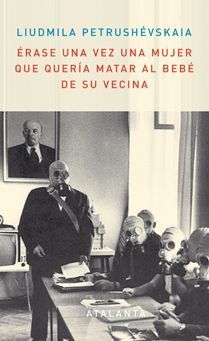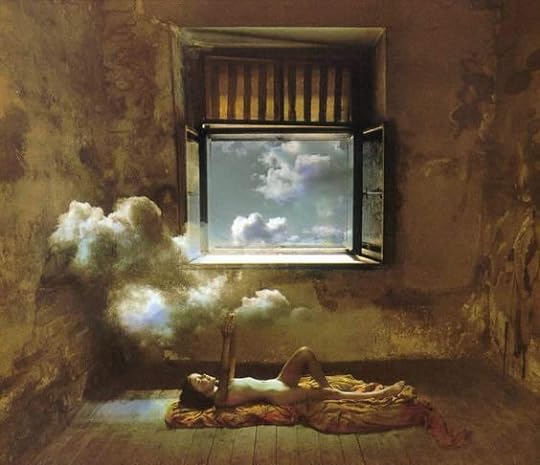What do you think?
Rate this book


247 pages, Paperback
First published September 29, 2009


He discovered a little hole below his neck, like an extra eye, from which tears poured out.
There once lived a girl who was killed, then brought back to life.
The father takes hold of his son's sleeve, begins to scream, and wakes up in the United States, in the form of an unhappy immigrant named Grisha, who's been abandoned by his hardworking wife six months after they arrived in the States.


